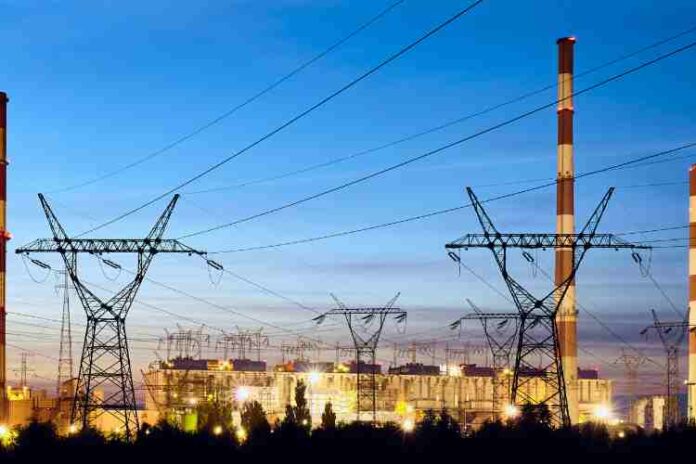Introduction
In the world of energy production, coal has long been a vital resource. While the use of coal has faced increased scrutiny due to environmental concerns, it remains a significant part of the global energy landscape. Behind the scenes of coal mining and its transportation lies a crucial component of this industry: the coal haulers.
These mighty vehicles play a pivotal role in the extraction and distribution of coal, ensuring that this essential resource reaches power plants and industrial facilities efficiently. In this article, we will delve into the world of coal haulers, exploring their significance, challenges, and the evolving landscape of coal transportation.
The Role of Coal Haulers
Coal haulers are specialized trucks or large vehicles designed for transporting coal from mines to various destinations, such as power plants, steel mills, and industrial facilities. These vehicles are equipped to handle the unique demands of coal transportation, which can be a challenging task due to the weight, volume, and specific handling requirements of coal.
Efficient Transportation: Coal haulers are essential for the efficient movement of coal from the mines to its intended destinations. They ensure that coal is delivered in a timely manner, preventing disruptions in energy production and industrial processes.
Payload Capacity: Coal is heavy, and a single hauler can carry a substantial payload of coal, making them cost-effective for bulk transportation. This high payload capacity reduces the number of trips required, decreasing transportation costs.
Versatility: Coal haulers come in various sizes and configurations to accommodate the diverse needs of coal transportation. From large dump trucks to specialized conveyor systems, they can adapt to different mining and delivery conditions.
Challenges Faced by Coal Haulers
While coal haulers are crucial to the coal industry, they also face several challenges that need to be addressed:
Environmental Concerns: Coal mining and transportation have long been associated with environmental issues, including air and water pollution and habitat disruption. These concerns have led to increased scrutiny and regulations on coal haulers to mitigate their environmental impact.
Safety Risks: The transportation of coal involves inherent safety risks, such as the potential for accidents, fires, and dust explosions. Haulers must adhere to strict safety protocols to protect both workers and the environment.
Market Changes: The global shift towards cleaner and more sustainable energy sources has resulted in a decline in coal consumption in some regions. This has impacted the demand for coal haulers and led to shifts in the coal transportation industry.
The Evolving Landscape of Coal Haulers
As the energy industry continues to evolve, so too do the coal haulers that play a vital role in it. Here are some trends and innovations shaping the future of coal transportation:
Alternative Fuels: Some coal haulers are transitioning to alternative fuels, such as natural gas or electricity, to reduce emissions and operational costs. These cleaner options align with global efforts to reduce greenhouse gas emissions.
Automation and Technology: Automation and advanced technology are being integrated into coal haulers to enhance safety, efficiency, and monitoring. Autonomous haul trucks and remote monitoring systems are becoming more prevalent.
Environmental Compliance: Stricter environmental regulations are driving the development of cleaner and more environmentally friendly coal haulers. Emission control systems and cleaner-burning engines are being implemented to reduce the environmental impact.
Diversification: To adapt to changing market dynamics, some coal haulers are diversifying their services to transport other commodities, such as minerals, ores, or construction materials.
Conclusion
Coal haulers are the unsung heroes of the coal industry, ensuring that this essential resource reaches its intended destinations efficiently. Despite the challenges they face, including environmental concerns and changing market dynamics, coal haulers continue to play a vital role in the energy landscape.
As the industry evolves, these vehicles are also adapting, embracing new technologies and cleaner practices to meet the demands of a changing world. Whether coal remains a significant part of the energy mix or not, coal haulers will continue to be a crucial component of the energy supply chain.
